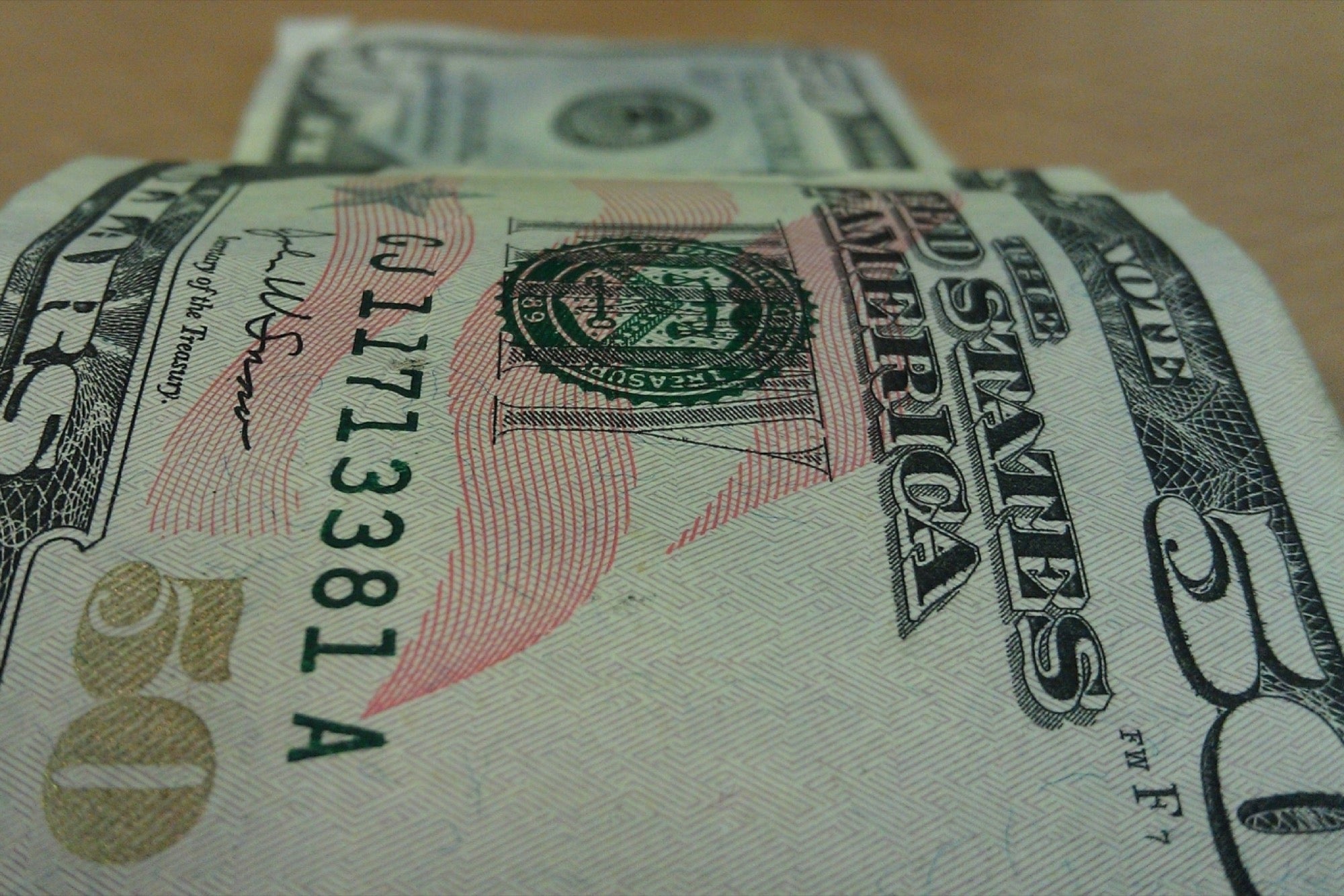5 Ways to Keep Cash Flow Pumping For new business owners, getting cash flowing into the business should be priority No. 1. Here are ideas for getting started.
By Brad Sugars Edited by Dan Bova
Opinions expressed by Entrepreneur contributors are their own.

For start-up business owners, one of the biggest -- and most common -- mistakes you can make is to place other business goals ahead of your company's cash flow.
While it's important to spend time on building your brand and generating sales leads, it's downright vital to quickly cultivate a steady stream of what accountants call "free cash flow" -- that is, the amount of cash coming into your company over and above all of your expenses. After all, if you don't have money, you won't be around long enough to worry about those other things.
If possible, keep 10 percent to 20 percent of monthly revenues on hand because at that point, in most companies, you'll be able to reinvest into the growth of your business -- from purchasing additional product or service lines to roping in more suppliers or even building up your team when you need to.
Here are five ways to keep cash flowing consistently into your business:
1. Know your expenses.
Although discounting -- through coupon sites like Groupon and BuyWithMe or even on your own -- can help you attract new customers, selling anything at a loss won't help you generate a positive cash flow.
My view? Never discount. But if you do, know the costs and impact of what you're offering and be prepared for the fallout. Among other things, you'll need to know your overall cost basis -- that is, what you paid for something. You should also know your how much you should ideally charge, the cost of your offer and the profit margins on your product or service. How else will you know if your discount has you breaking even or operating at a loss? To do the math, see our break even calculator.
2. Bundle products and services.
Even though discounting isn't always recommended, adding value is. By creating bundles of products or services, for instance, businesses can inject tremendous amounts of perceived -- and tangible -- value into their offerings for very little cost.
A good example is the maintenance agreements some car manufacturers are now providing with the purchase of a new car. Not only does that type of offer help allay a major concern or frustration customers have -- paying for a breakdown or time lost at the dealership -- it also offers real value in terms of limiting out-of-pocket maintenance costs.
Put more simply, you can increase your price point initially since you've helped lower a perceived risk by offering something as basic as a guarantee.
3. Create a back-end product or service.
If you know your initial offer to reel in new customers won't be profitable, find ways to create higher price points on back-end products or services. Perhaps the first hour of catering is free, but subsequent hours shoot up in price. Or maybe an attorney will agree to draft your will for less if she thinks you're a likely candidate for estate-planning consultations in the future.
4. Encourage repeat business.
If you're in a volume-driven business like retail, landing repeat shoppers is your holy grail for cash flow, profit and growth. In most cases, you won't start to profit on a customer until the third, fourth or even fifth transaction. For this reason, you need to devote your efforts toward getting customers coming back -- and more often.
Consider loyalty programs, VIP offers and other frequent-shopper programs, which can be ideal vehicles for systematizing repeat business. Also keep in mind that the word "free" is a popular incentive among shoppers, and the costs of funding a freebie may easily be covered as long as you're dealing with excess inventory or low-cost, but valuable add-ons.
5. Pre-sell products or services.
For owners who want to encourage sales sooner, pre-sell your products or services. You might couch the pre-sale as a way for consumers to plan for their future or get a jump on shopping. You can also offer to take old, outdated products back at a pre-arranged price.










